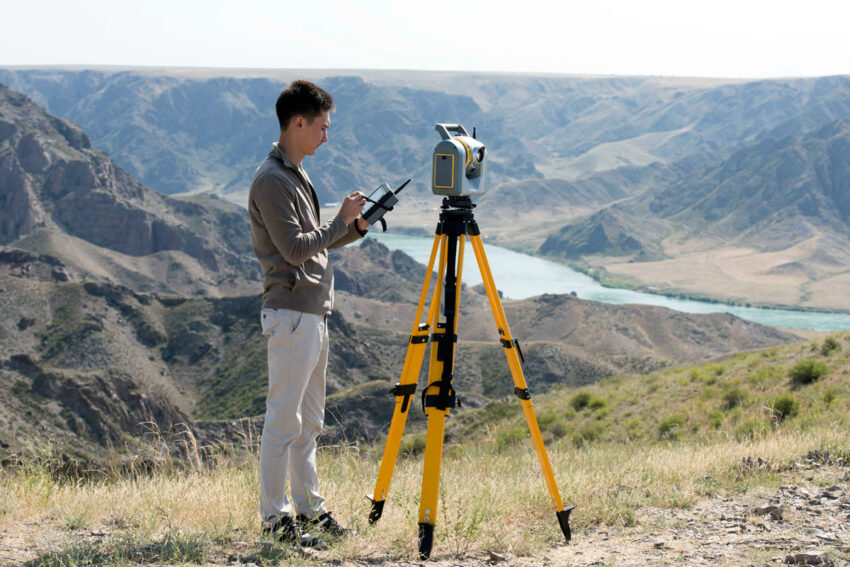Are you looking to become a surveyor? Or maybe you are a surveyor and would like to know about the tools of trade. Since this can be a lonely job, you need to know your options. In this blog post, I want to shed some light on the different options available to surveyors today.
Consider Your Budget
If you are looking to buy a theodolites, then consider your budget. There are many different types of theodolites available on the market. The price range for these instruments is quite large, with some costing as little as $100 and others costing upwards of $10,000. If you are just starting out in your career as an engineer or surveyor, then you may want to purchase a more affordable model that will still allow you to perform basic tasks such as measuring horizontal distances between two points on a flat surface. If you plan on doing more extensive work with this type of instrument over time, then it may be worth investing in a more expensive option that will allow more precise measurements and features such as inclinometers or built-in GPS functionality.
Consider Your Industry Needs
When choosing an instrument like a theodolite, it’s important to consider your industry’s needs. A construction company, for example, will need a tool that is lightweight and can be used in rugged environments. A mining company, on the other hand, would likely need something more durable and with more functionality than a construction site would require.
The best way to choose the right tool for your needs is to ask yourself: What does my business do? What kind of work environment do I work in? Will this instrument be used for one job or multiple jobs? Is it going to have to withstand harsh conditions? These questions will help you get started narrowing down your options until you find just what you’re looking for!
Consider Accuracy
Accuracy is one of the most important factors when choosing a theodolite. Accuracy refers to how close the measurements are to reality. A measurement that is not accurate can lead to inaccurate data and, ultimately, poor results.
To ensure accuracy, you should choose a theodolite with high-quality optics and sensors, which will produce more precise readings. Some top-of-the-line models even come with built-in GPS receivers, so you can easily locate your position in relation to landmarks on the map.
In addition, look for a model with a high degree of precision—for example, if you need to measure distances between objects that are less than 50 feet apart, then you should consider purchasing a model with an accuracy of 1mm or less.
Consider Battery Life
When you’re out in the field, you need a tool that’s going to last. Theodolites are no exception.
If you’re working in the middle of nowhere and have to rely on your theodolite to do its job, you can’t afford for it to stop working because the battery died. That’s why we recommend choosing a model with a long battery life.

